ARE plants suitable for the bedroom? There are mix views on this.
Some say plants have a rightful place in the bedroom because they produce oxygen. Feng Shui experts think that plants are not suitable for the bedroom because they produce energy that may affect sleep quality.
If you have not been able to sleep soundly on most nights, there could be other external factors. It could be the bedroom location and the placement of the bed, as well as hanging furniture, mirrors, sharp objects, electronic items and unpleasant images or artwork that are crowding the room.
What you need to do is remove those items and replace them with plants.
There are few types of plants that you can keep in your bedroom, especially air-cleaning plants as they are natural air purifiers. These plants will help you sleep peacefully throughout the night, at least for good eight hours. A good night’s sleep means you will be more energised and productive the next day.
The most recommended indoor plants that are effective against more common household emissions, such as ammonia, formaldehyde, carbon monoxide, benzene and xylene are:
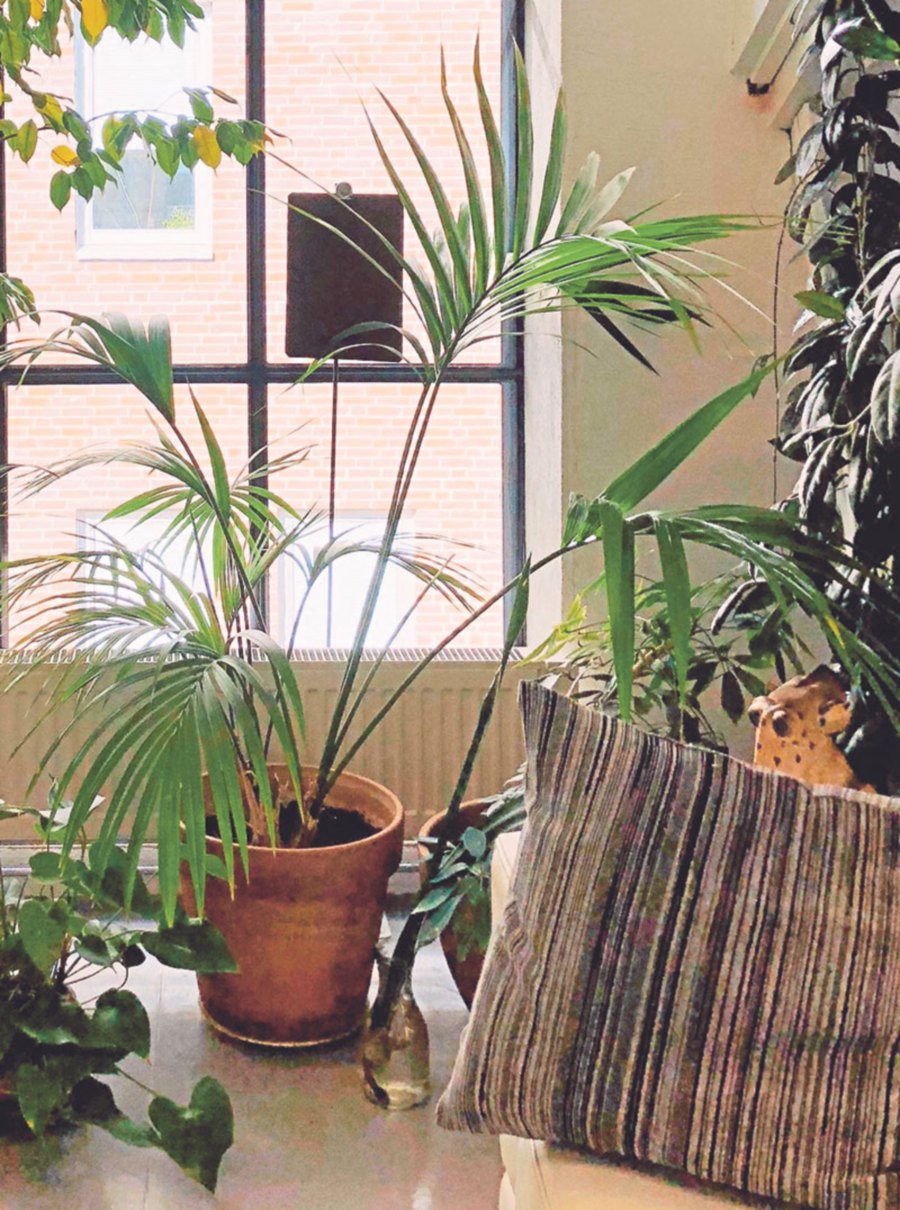
1. BAMBOO PALM
There are few types of bamboo plants that are suitable for the bedroom because of their versatility and ability to bring a tropical flair to any space. They are used indoors because they can filter the air in your home. Keep them near the bathroom, balcony or next to the TV. They are known to be able to remove benzene, trichloroethylene and formaldehyde from carpeting.
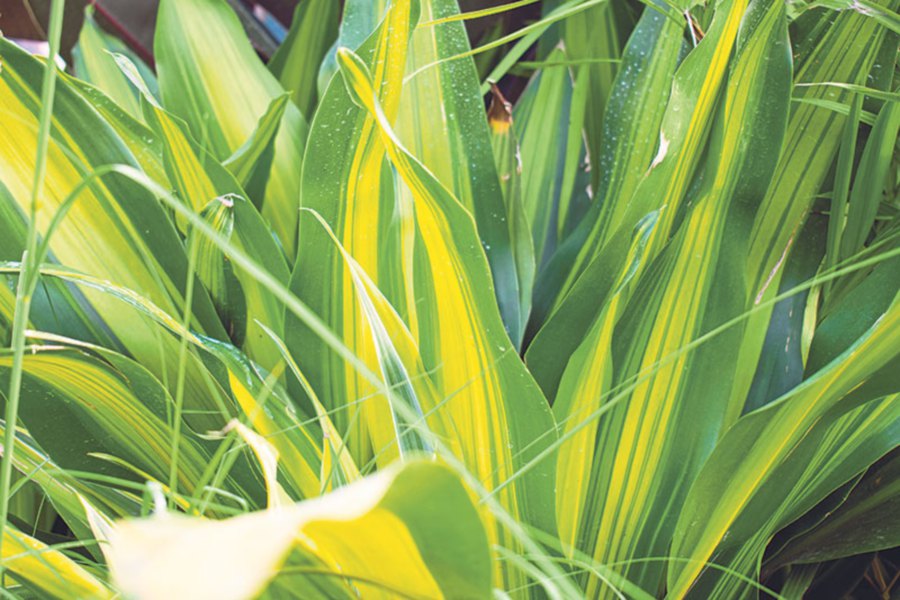
2. DRACAENA
There are many species of dracaena, some of which form thick, wooded stalks. They are known for their ability to remove most pollutants, especially trichloroethylene, thus, helping you sleep better.
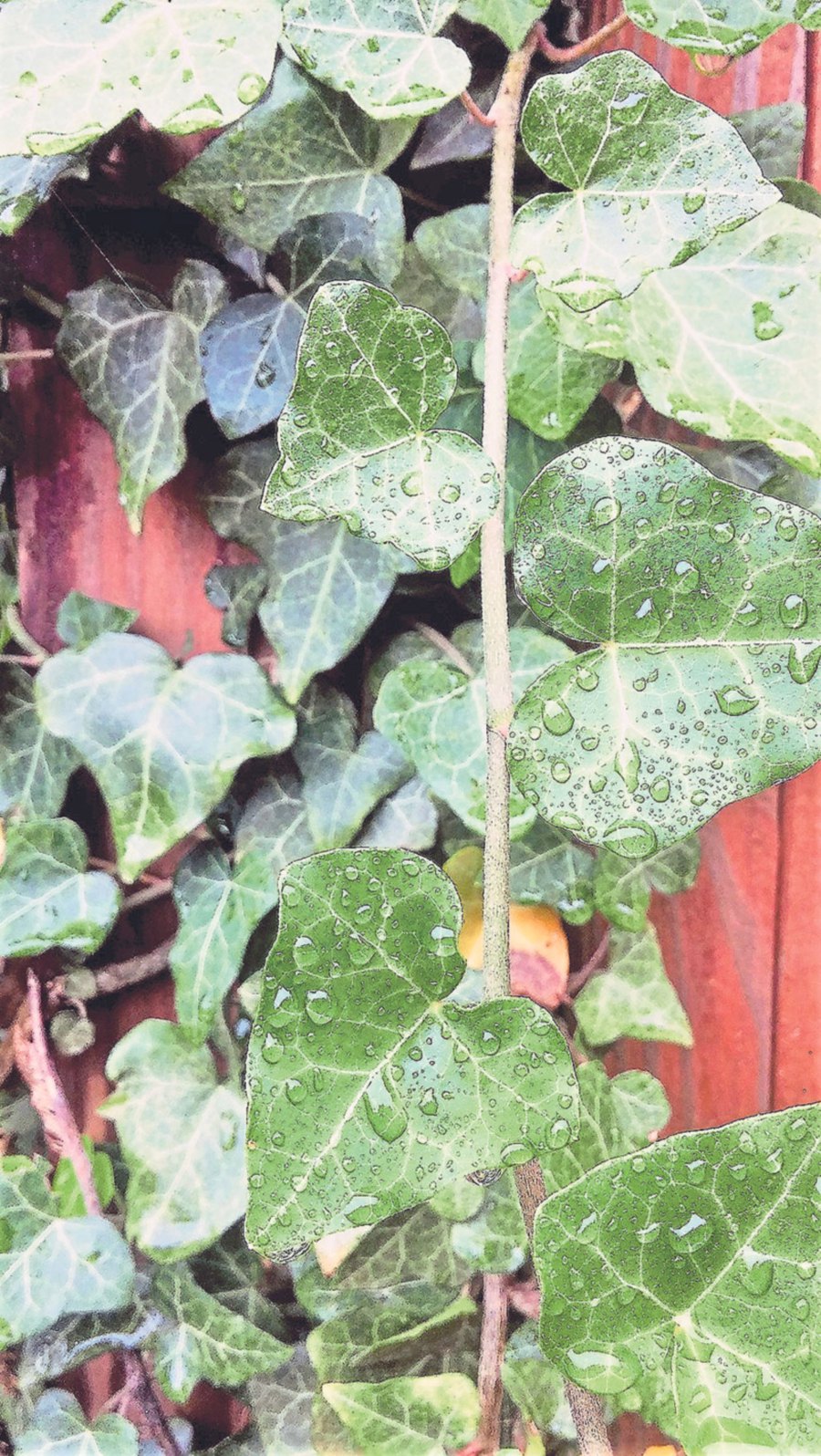
3. ENGLISH IVY
English Ivy is known as an excellent plant for fighting air pollution. Besides purifying the air effectively, this plant is also easy to grow and maintain, and is able to resist insect infestation. Trailing vines of the ivy help soften any “poison arrows” that point at you where you sleep. This plant helps control formaldehyde from carpets and paint.
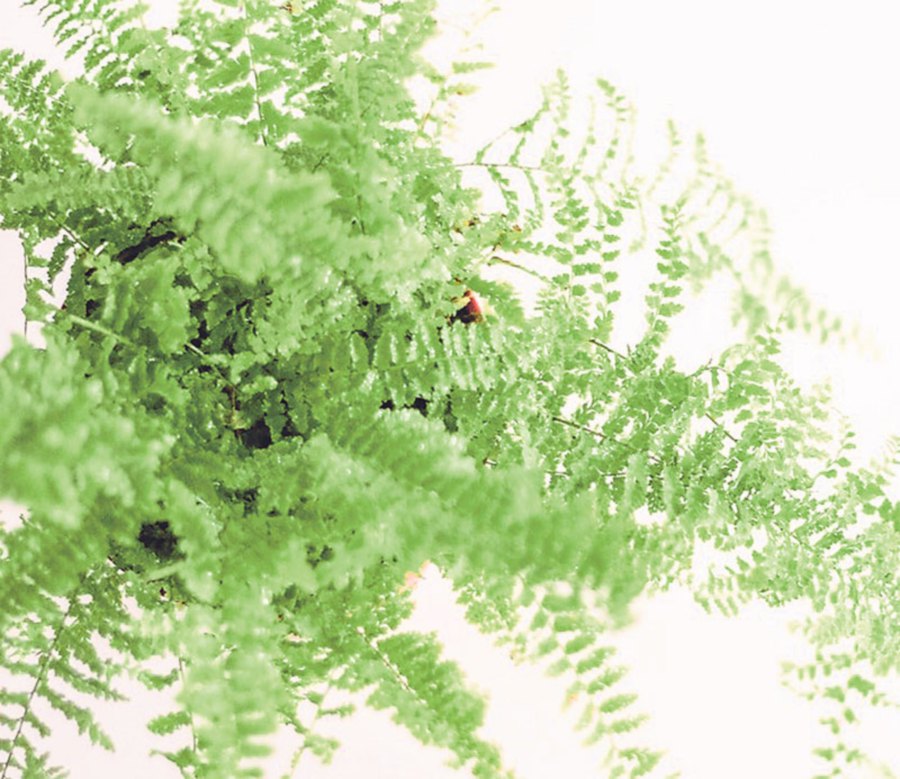
4. FERN
Fern has been shown to purify indoor air and is often used in Feng Shui practice. Use hanging plants to fill up a corner or as a welcoming greeter at the entrance to the room.
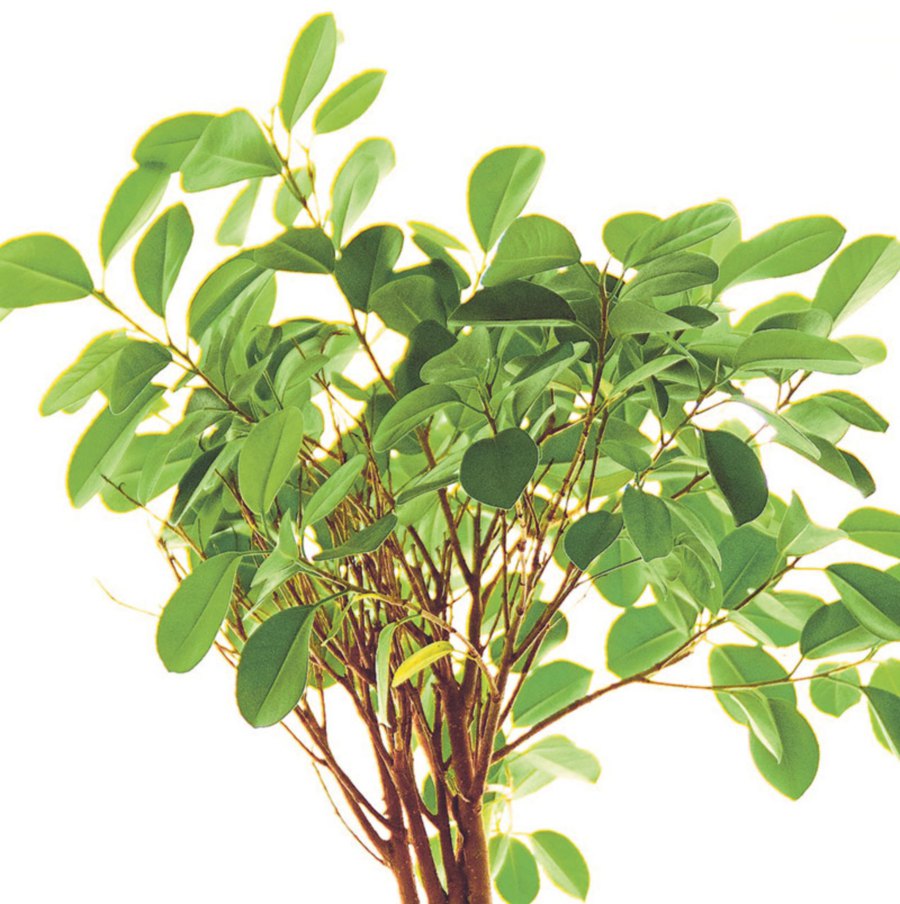
5. FICUS
A large Ficus can serve as a room divider or symbolically lift a low ceiling. This plant can also help remove formaldehyde, benzene, and ammonia from the air.
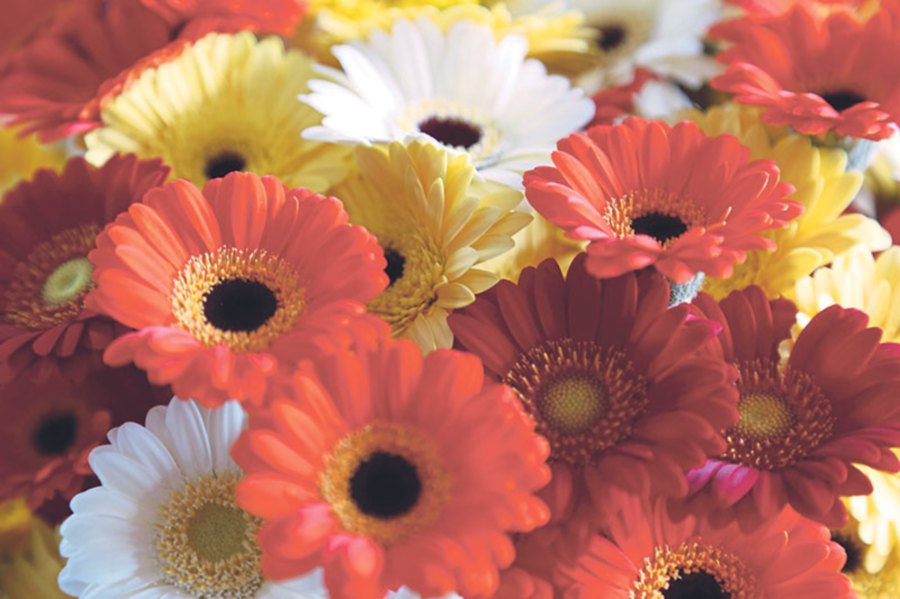
6. GERBERA DAISY
The gerbera daisy is big, bright and colourful. You can pick your favourite colour, or choose a colour from the bagua. These flowering plants are great at filtering out toxins like benzene, formaldehyde and trichloroethylene.
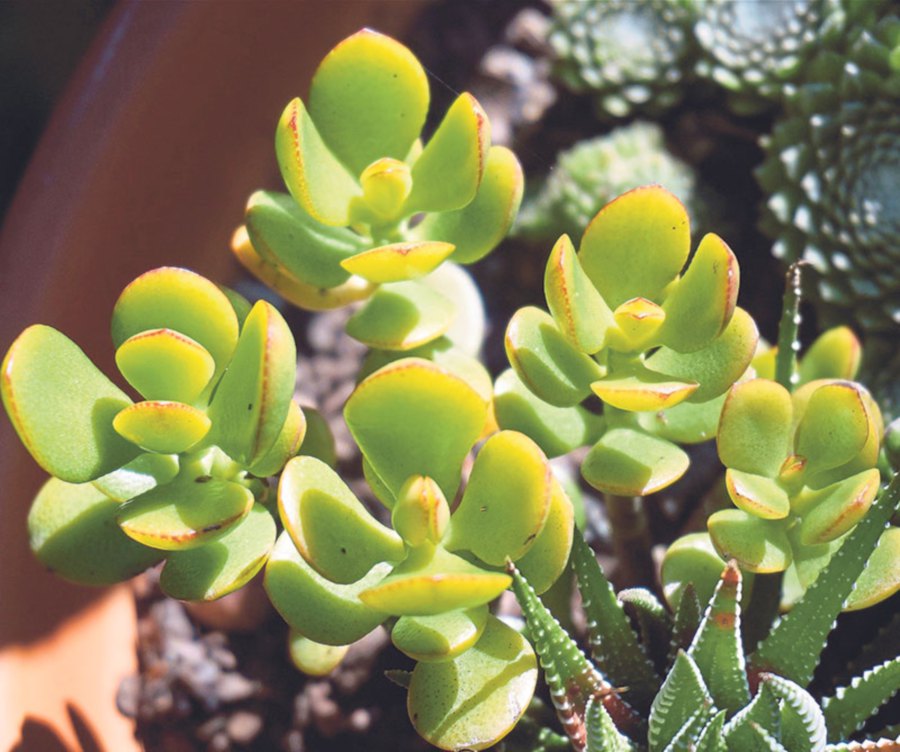
7. JADE PLANT
The Jade plant, also called the money plant, is known to be a lucky plant. This succulent plant is said to help bring wealth into your room if placed correctly. As it is considered a symbol of good luck in China, it is a perfect plant to have to bring overall prosperity, fortune and wealth.





